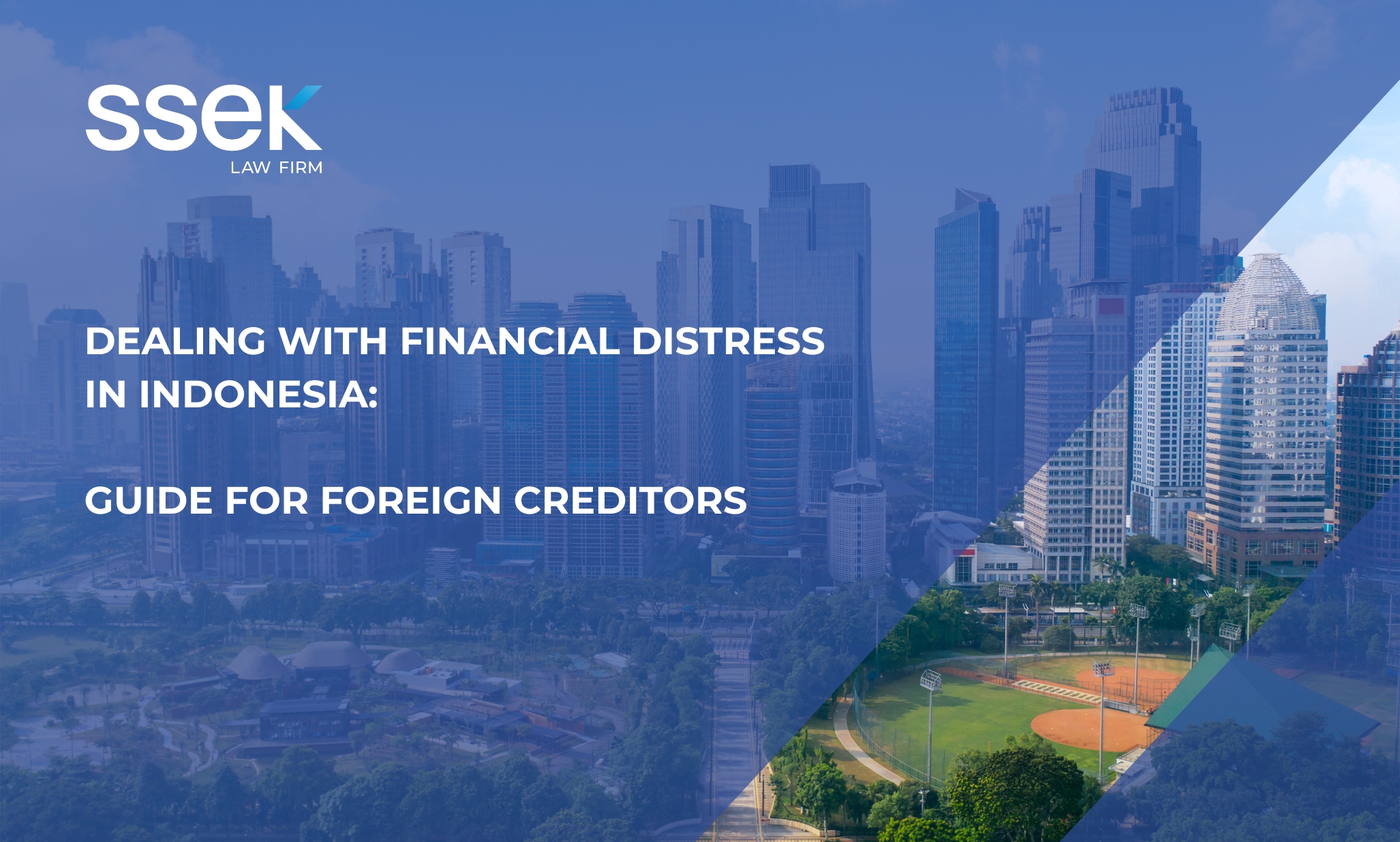

Indonesia's Financial Services Authority (Otoritas Jasa Keuangan or "OJK") has issued OJK Regulation No. 41/POJK.04/2020 regarding the Implementation of Electronic Securities Offerings in the Form of Equity Securities, Debt Securities and/or Sharia Bonds (July 2, 2020) ("Regulation"). The Regulation stipulates that offerings of equity securities, debt securities and sharia bonds be done electronically, with the aim of increasing public participation in public offerings by improving their efficiency, transparency and accountability.
This article briefly discusses the mechanics of the Public Offering Electronic System and the roles that existing institutions in the capital market sector might have under this new regime.
Public Offering Electronic System Provider
Under the Regulation, the OJK appoints the Indonesia Stock Exchange (Bursa Efek Indonesia or "IDX"), Indonesian Clearing and Guarantee Institution (Lembaga Kliring dan Penjaminan) and the Depository and Settlement Institution (Lembaga Penyimpanan dan Penyelesaian) to be the Public Offering Electronic System Provider (the "System Provider").
Specifically, the IDX is mandated to establish and manage the Public Offering Electronic System, which serves the functions of user administration, information announcement, initial offering, securities allotment, reporting and database. The IDX also is required to provide a Public Offering Electronic System website that is publicly accessible. In operating and managing the Public Offering Electronic System, a System Provider may issue terms of use for the system, execute agreements with any parties related to a securities public offering through the Public Offering Electronic System, and/or charge fees for the use of the Public Offering Electronic System after obtaining approval from the OJK.
An issuer must use the Public Offering Electronic System if the public offering is done through an underwriter and the offered securities will be listed on the IDX. The OJK may further determine other requirements for issuers required to use the Public Offering Electronic System. The public offering referred to in the Regulation covers equity securities, debt securities and/or sharia bonds public offerings and other public offerings as determined by the OJK.
The Public Offering Electronic System must cover all activities in a public offering and must generate a report concerning such offering. The activities referred to in the Regulation must at least cover the initial offering, securities offering, securities allotment and order finalization for the offered securities.
Public Offering Electronic System Participant
In addition to the System Provider and the issuer, another relevant party is the Public Offering Electronic System participant, which is a securities company holding a business license from the OJK or other parties approved by the OJK to use the Public Offering Electronic System (the "System Participant"). A System Participant Admin is the licensed underwriter appointed by the issuer as the party responsible for the use of the Public Offering Electronic System.
Provisions Under the Regulation
The Regulation is further divided into several sections containing provisions on the following:
- mechanism for issuers to publish information concerning the public offering;
- mechanism for potential investors to file their interest and order the offered securities;
- allocation of securities and adjustment of the same;
- allotment of securities;
- mechanism to complete securities orders; and
- miscellaneous and closing provisions, as well as administrative sanctions.
An issuer must publish the information on the public offering both in the Public Offering Electronic System and in a nationally circulated newspaper in Indonesian. Electronic publication of such information must be uploaded by the System Participant Admin.
A securities order or submission of interest from a potential investor may be done electronically through the Public Offering Electronic System, a securities company which is a System Participant where the investor is a customer and/or through a securities company which is not a System Participant where the investor is a customer. The System Participant may only forward one expression of interest/order for the centralized allotment from the same investor to the Public Offering Electronic System.
The Regulation provides centralized allotment as the mechanism for the allotment of securities, which is done through a collection of securities orders followed by the subsequent allotment in accordance with the set procedure. It is important to note that investors may only submit interest in the securities offered through the Public Offering Electronic System during the initial offering period. Investors may amend and/or cancel their submitted interest through the System Participant as long as the period of the initial offering has not expired.
Pricing
With respect to pricing, an issuer must use a certain price range for the offered securities, which may be amended throughout the period of the initial offering. Issuers and underwriters may determine the offering price and the offered securities by considering the result of the initial offering. If the determined price and amount of offered securities are outside the request curve for the initial offering generated by the Public Offering Electronic System, the issuer must provide an explanation of how it determined the price and amount of offered securities in the prospectus.
Application of the Regulation
The provisions of this Regulation concerning public offerings of equity securities in the form of shares shall apply to issuers submitting a registration statement (pernyataan pendafataran) to the OJK six months as of the effective date of this Regulation. As at the effective date of this Regulation, issuers conducting a public offering of equity securities in the form of shares may use the Public Offering Electronic System. Such issuers are not yet required to fulfill the provision on the limitation and adjustment of securities allotment as provided in the Regulation.
This publication is intended for informational purposes only and does not constitute legal advice. Any reliance on the material contained herein is at the user's own risk. You should contact a lawyer in your jurisdiction if you require legal advice. All SSEK publications are copyrighted and may not be reproduced without the express written consent of SSEK.









